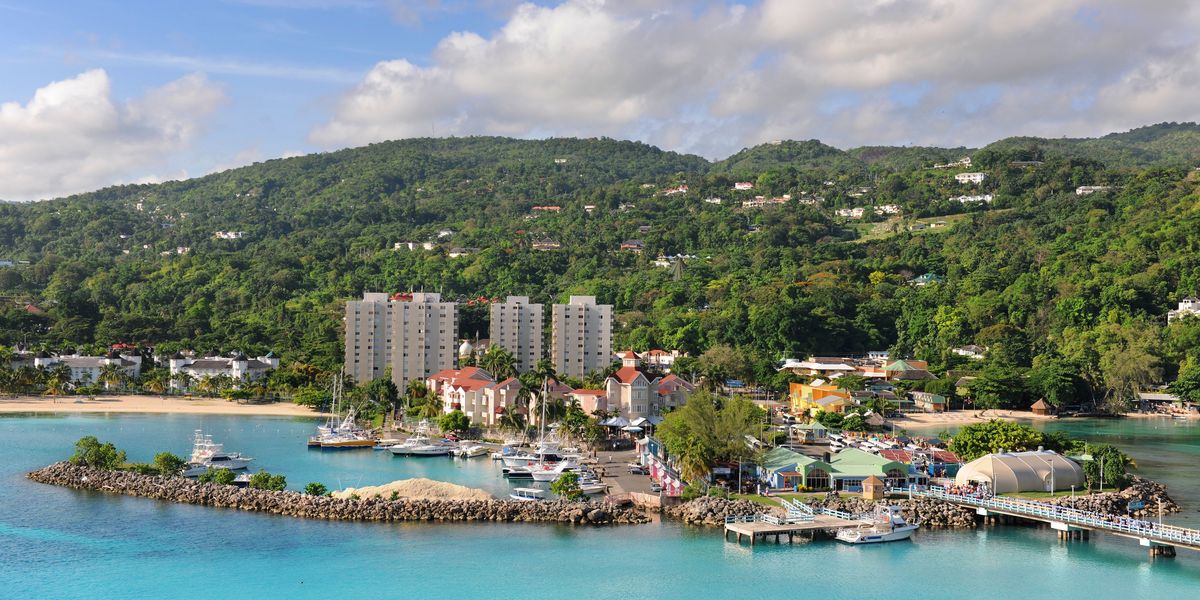If you have plans to visit Jamaica in the coming weeks, you may need to reconsider. The Government of Canada has issued an updated travel advisory for Jamaica, warning that travel to the island could put “your personal safety and security at great risk.”
On October 31, Canada raised its travel advisory for Jamaica to Level 4 (“avoid all travel”), the highest possible alert level, due to the extensive destruction caused by Hurricane Melissa, which made landfall on October 28 as a major hurricane.
The travel warning applies to all regions of Jamaica except for the metropolitan area of Kingston and its international airport, where travellers are advised to exercise a high degree of caution.
Level 4 advisories are only issued when there is a clear and significant threat to safety, marking a sharp escalation from Jamaica’s previous Level 3 advisory (“avoid all non-essential travel”), which came into effect in the days leading up to Hurricane Melissa’s landfall.
Usually, Jamaica has a Level 2 advisory (“exercise a high degree of caution”) in place due to long-standing crime concerns.
According to Canadian officials, Hurricane Melissa has caused severe and widespread damage to Jamaica’s critical infrastructure. Flooding and violent winds have disrupted nearly all essential services, including transportation, power, water and food supplies, telecommunications, emergency response, and medical care.
At least 19 people have died as a result of the hurricane, according to BBC News, and search and rescue efforts are still ongoing. In the island’s western regions, entire communities remain inaccessible, and thousands are without electricity, clean water, or food.
Jamaica’s Information Minister, Dana Morris Dixon, described the situation as “devastating,” noting that many residents are growing increasingly desperate for aid.
Many roads remain blocked, hampering the delivery of aid to isolated areas. Relief is being transported overland from Kingston, but logistical challenges persist.
While Norman Manley International Airport in Kingston and Ian Fleming International Airport in Ocho Rios have resumed partial operations, Sangster International Airport in Montego Bay remains closed due to storm damage. It is scheduled to reopen on November 1, but travellers are urged to check with airlines before departing.
Canadians already in Jamaica are advised to leave if it is safe to do so, and to register with the Registration of Canadians Abroad service for emergency updates.
Officials say those still considering travel in the coming weeks should ensure they have comprehensive insurance that covers natural disasters and prepare for major service disruptions.
In addition to storm-related concerns, Canada’s advisory for Jamaica highlights ongoing public safety risks. Violent crime, including gang-related incidents and firearm-related violence, remains a concern in areas such as Kingston, Montego Bay, St. Catherine, and May Pen.
Petty crime, including pickpocketing and bag snatching, is common in busy tourist areas.
There are additional safety considerations for women and 2SLGBTQI+ travellers. Reports of sexual assault at resorts — sometimes involving staff — have been documented. Same-sex relationships remain criminalized under Jamaican law, and although enforcement is rare, LGBTQ+ individuals may still face discrimination or harassment.
Despite the challenges, Jamaica’s Ministry of Tourism has set a target of December 15 for the full reopening of the country’s tourism sector. A dedicated recovery task force has been activated to coordinate aid, infrastructure repairs, and public-private sector collaboration; however, recovery is still in its early stages.
For now, Canadian officials are clear: do not travel to Jamaica until further notice. Canada’s full travel advisory for Jamaica can be found here.
Before you get going, check out our Responsible Travel Guide so you can be informed, be safe, be smart, and most of all, be respectful on your trip.
AI tools may have been used to support the creation or distribution of this content; however, it has been carefully edited and fact-checked by a member of MTL Blog’s Editorial team. For more information on our use of AI, please visit our Editorial Standards page.


